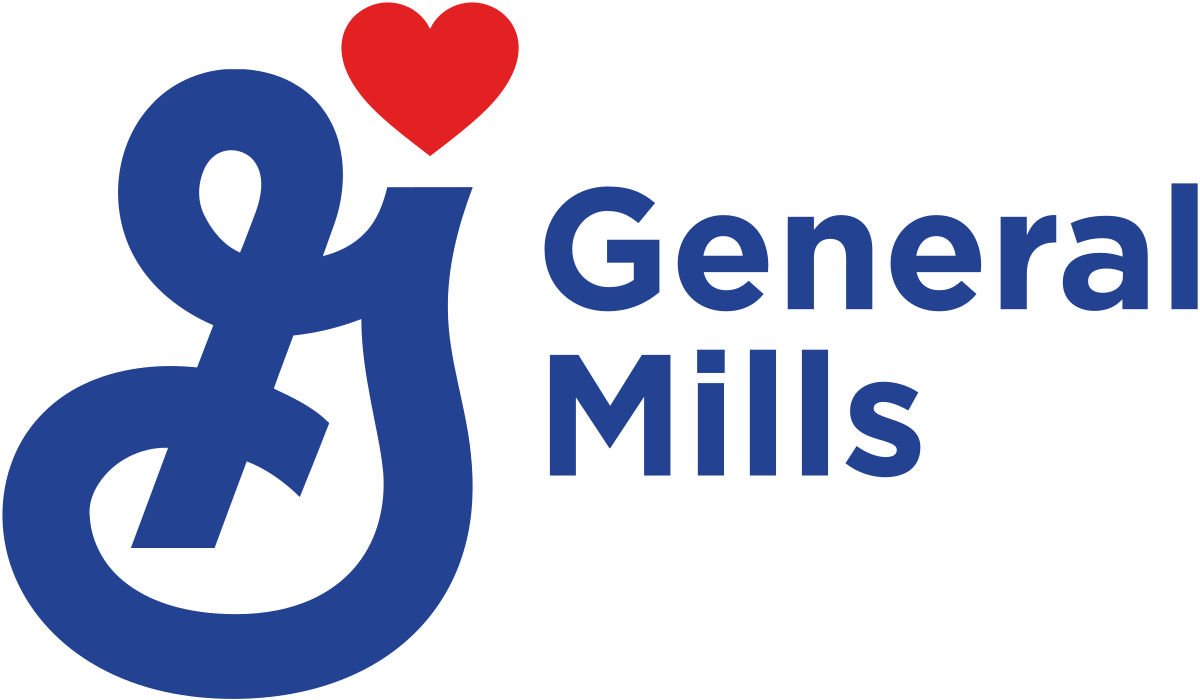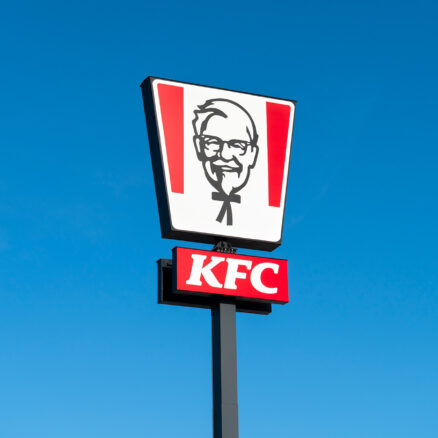In 2017, General Mills set out to develop a scalable system to baseline scope 3 greenhouse gas emissions and monitor agricultural practices and their environmental impacts across the company’s sourcing regions. A critical first step in reaching climate goals is having an accurate emissions inventory. General Mills, a global food company with ambitious sustainability commitments, needed a robust and representative emissions baseline to optimize investments in impact reduction strategies.

In 2022, that vision became a reality. To baseline emissions and track progress across its value chain, General Mills partnered with Quantis, a leading environmental sustainability consultancy and Regrow, a company that accelerates the future of resilient agriculture with innovative software as a service (SaaS) products and best-in-class agriculture-based science and technology.
The partnership resulted in scalable data collection and analysis methodology for scope 3 emissions, along with a more representative assessment of agricultural emissions in the company’s supply sheds – regions where the company sources its key ingredients, like wheat, oat, and dairy. Work that will ultimately help the company progress toward its climate commitment to reduce absolute GHG emissions across its full value chain by 30% by 2030 and achieve net zero emissions by 2050.
Challenge
General Mills presented Quantis and Regrow with three challenges in tracking emissions across its supply chain:
- General Mills desired a dynamic and accurate greenhouse gas inventory that reflected changing farmer practices in its supply sheds, particularly the adoption of regenerative agricultural systems.
- General Mills wanted to proactively align with forthcoming reporting guidance for the industry.
- The team wanted to ensure the strategy was dynamic and scalable to accommodate a variety of supply chains across crops and regions, and accelerate regenerative agriculture systems.
Partnership
To accurately baseline General Mills’ scope 3 emissions, Quantis and Regrow combined expertise and methodologies to develop a shared process that brought value and scalability to General Mills’ emissions accounting.
This collaboration lays the foundation for the future of climate reporting
Anastasia Volkova, PhD, CEO, Regrow Ag.
Quantis brought extensive experience supporting General Mills’ corporate footprint and climate strategy work over the last 10+ years, laying the strategic foundation for its climate goals today. By deriving key insights from General Mills’ annual corporate footprint over the years, Quantis was able to support decision-making on impact reduction actions and other relevant initiatives to ultimately meet climate targets.

Regrow’s platform delivered field-level data and industry-leading modeling to capture the environmental outcomes of sustainable farming. The information was aggregated to the supply shed level and delivered to General Mills, and was supplier- and location-specific, meeting Intergovernmental Panel on Climate Change (IPCC) Tier 3 level rigor and ensuring the highest quality near real-time information. Using satellite imagery and machine learning, the assessment identified sustainable practice adoption across relevant supply sheds and provided insight on emissions hotspots as well highlighted greatest opportunities for emissions reduction and carbon removal.
Together, the organizations developed an integrated, dynamic, and scalable methodology that supported General Mills in understanding their emissions footprint under the SBTi FLAG framework. The collaborative project demonstrates the value of integrating farm-level emissions data, aggregated to the supply shed level, generated using Regrow’s satellite imagery and calibrated Denitrification-Decomposition ( DNDC) model with Quantis’ extensive GHG inventory datasets to enable dynamic progress tracking of General Mills supply shed-level inventory and Greenhouse Gas Protocol (GHGP) compliant reporting.
“This collaboration lays the foundation for the future of climate reporting,” emphasized Anastasia Volkova, PhD, CEO of Regrow Ag. “Together we are able to not only demonstrate what the art of possible looks like with the best available data on scope 3 emissions, but also to reflect the impact of landscape-level initiatives that we are supporting in collaboration with others. True to its vision, by doing this work, General Mills is charting a path to more accurate, efficient and transparent climate reporting that the industry can leverage and build upon.”
Solutions
Quantis generated custom datasets for General Mills by integrating Regrow’s raw data and emissions calculations into Quantis’ full scale environmental impact assessments. Specifically, Regrow monitored cropping adoption rates, tillage trends, fertilizer application and yield for acreage within the selected regions as inputs that Quantis then used to calculate emissions across all life cycle stages. This included upstream prerequisites like machinery and diesel consumption, fertilizer production and seeding activities.
We can now compare across time to track the effects of strategic initiatives
Chris Casolaro, Sustainability Expert, Quantis
Quantis developed these datasets using the World Food Lifecycle Database methodology, which is compliant with the forthcoming GHGP Land Sector Removals Guidance. The new datasets will be integrated into General Mills’s annual sustainability reporting as they are methodologically consistent with previous footprints performed by Quantis.
“These new datasets allow us to achieve higher granularity by better representing the regions from which General Mills is actually sourcing ingredients,” shared Chris Casolaro, Sustainability Expert at Quantis. “We can now compare across time to track the effects of strategic initiatives.”
Results
In this project, Regrow and Quantis pioneered new tools and methodologies that not only offer an effective and scalable assessment for reporting a more representative baseline over time, but could enable companies to make better decisions by focusing their investments in reducing emissions collaboratively across shared supply sheds.
Our collaboration with Quantis and Regrow is a significant step toward achieving emission reduction targets. Together we have addressed a critical component of our sustainability journey: scalable data collection and a cost-effective analysis methodology that is aligned with carbon accounting standards and our climate frameworks.
Jay Watson, Director Regenerative Agriculture, General Mills
“Our collaboration with Quantis and Regrow is a significant step toward achieving emission reduction targets,” said Jay Watson, Director Regenerative Agriculture, General Mills. “Together we have addressed a critical component of our sustainability journey: scalable data collection and a cost-effective analysis methodology that is aligned with carbon accounting standards and our climate frameworks.”
The project resulted in a new methodology for quantifying emissions and impact in climate-related efforts for organizations similar to General Mills. The solution also provides a potential pathway to account for carbon reductions and removals in an inventory assessment where supply shed traceability is known.
Moving forward, General Mills will be able to update Quantis-generated datasets with sourcing volume data that is matched to annual farm-level emissions data from Regrow, tracking changes in their supply chain over time. This will lead to a more representative baseline, which empowers General Mills to more credibly make claims about reductions in the supply chain.
To address the urgency around mitigating climate change and achieving collective climate goals, it’s critical that organizations collaborate across the industry to promote much needed action. In this project, Regrow and Quantis pioneered new tools and methodologies that not only offer an effective and scalable assessment for reporting a more representative baseline over time, but could enable companies to make better decisions by focusing their investments in reducing emissions collaboratively across shared supply sheds. The partners believe that this progress will lead to more trust in climate action outcomes, and ultimately momentum towards the implementation of climate-smart agricultural practices that will bring forward a more resilient food system.
We’re your full-service partner for the transformational journey. Our strategic advisors are equipped to guide you at every point along the way.



